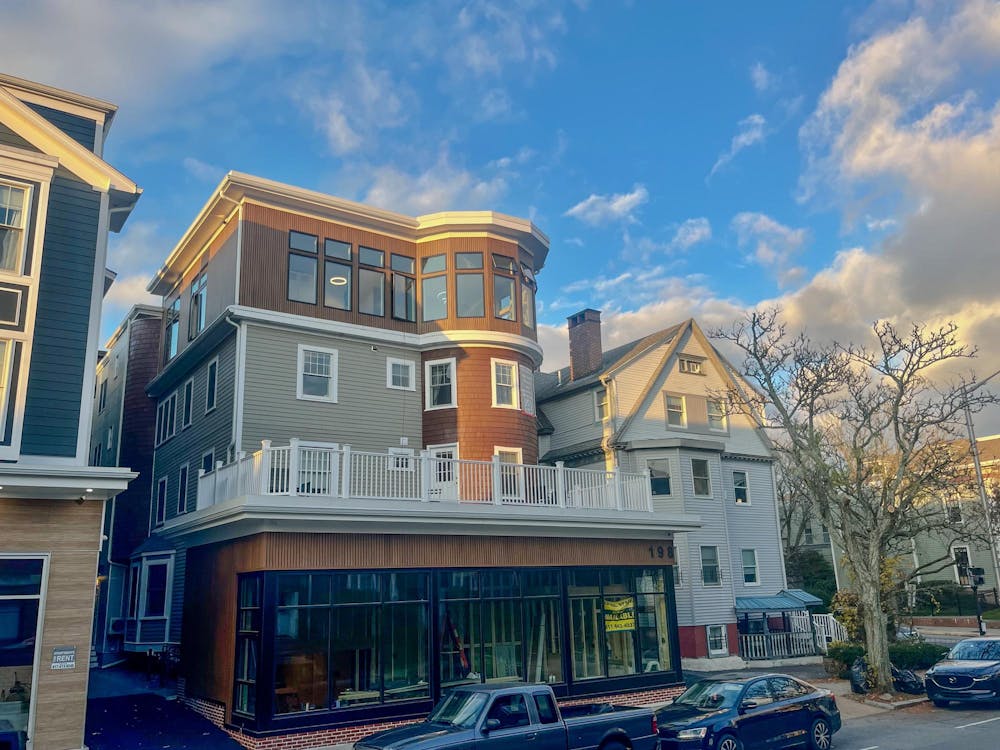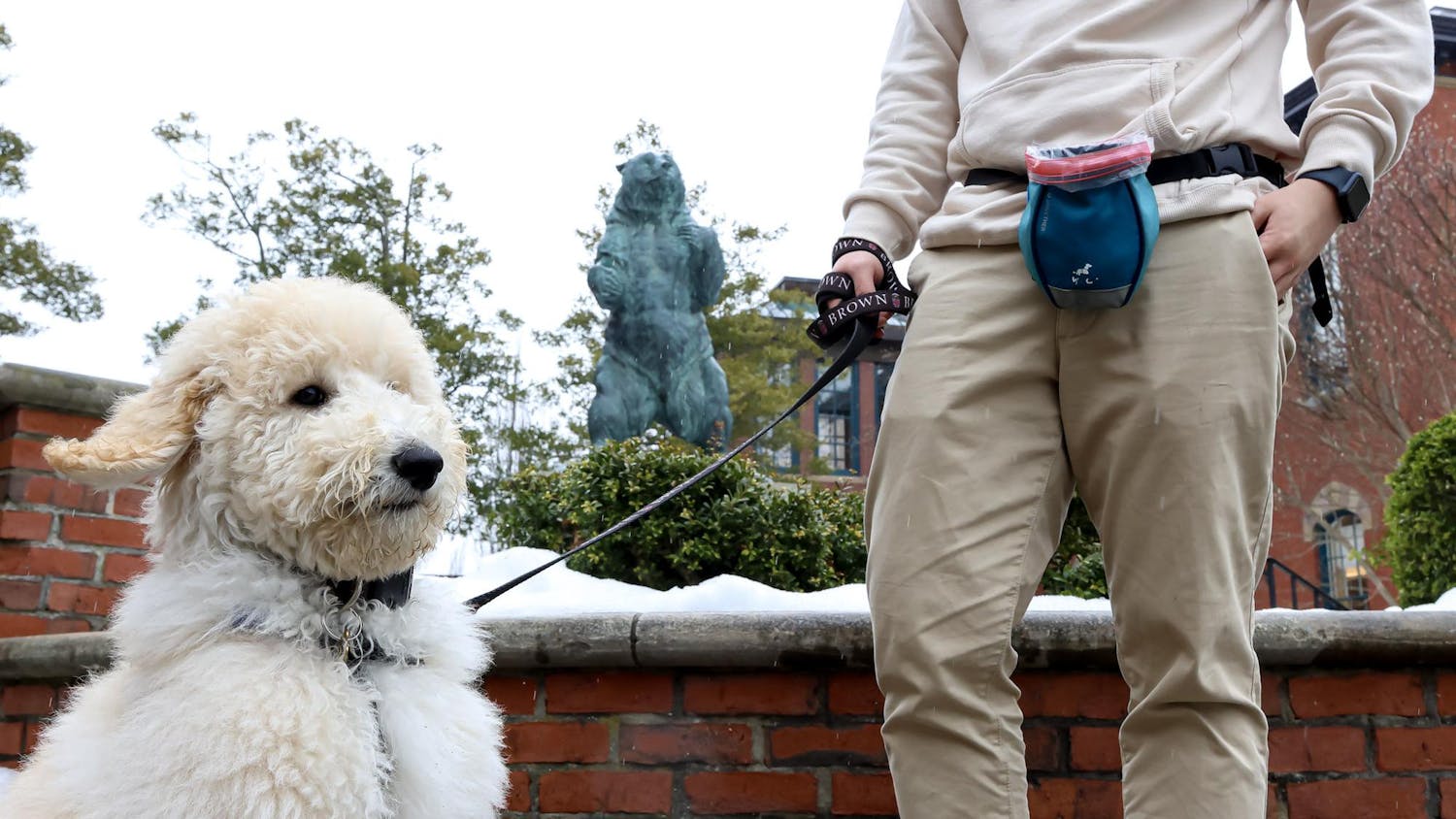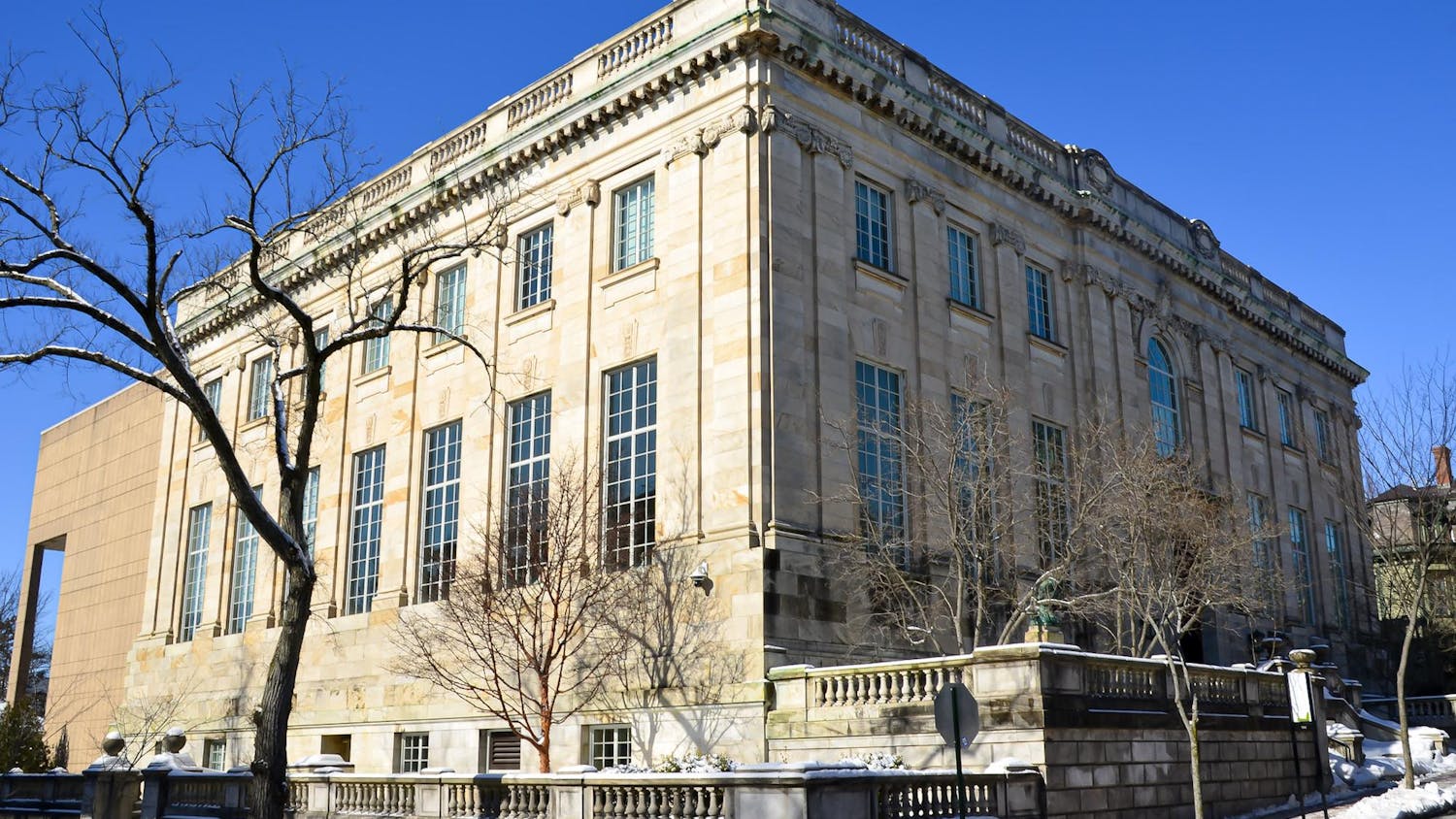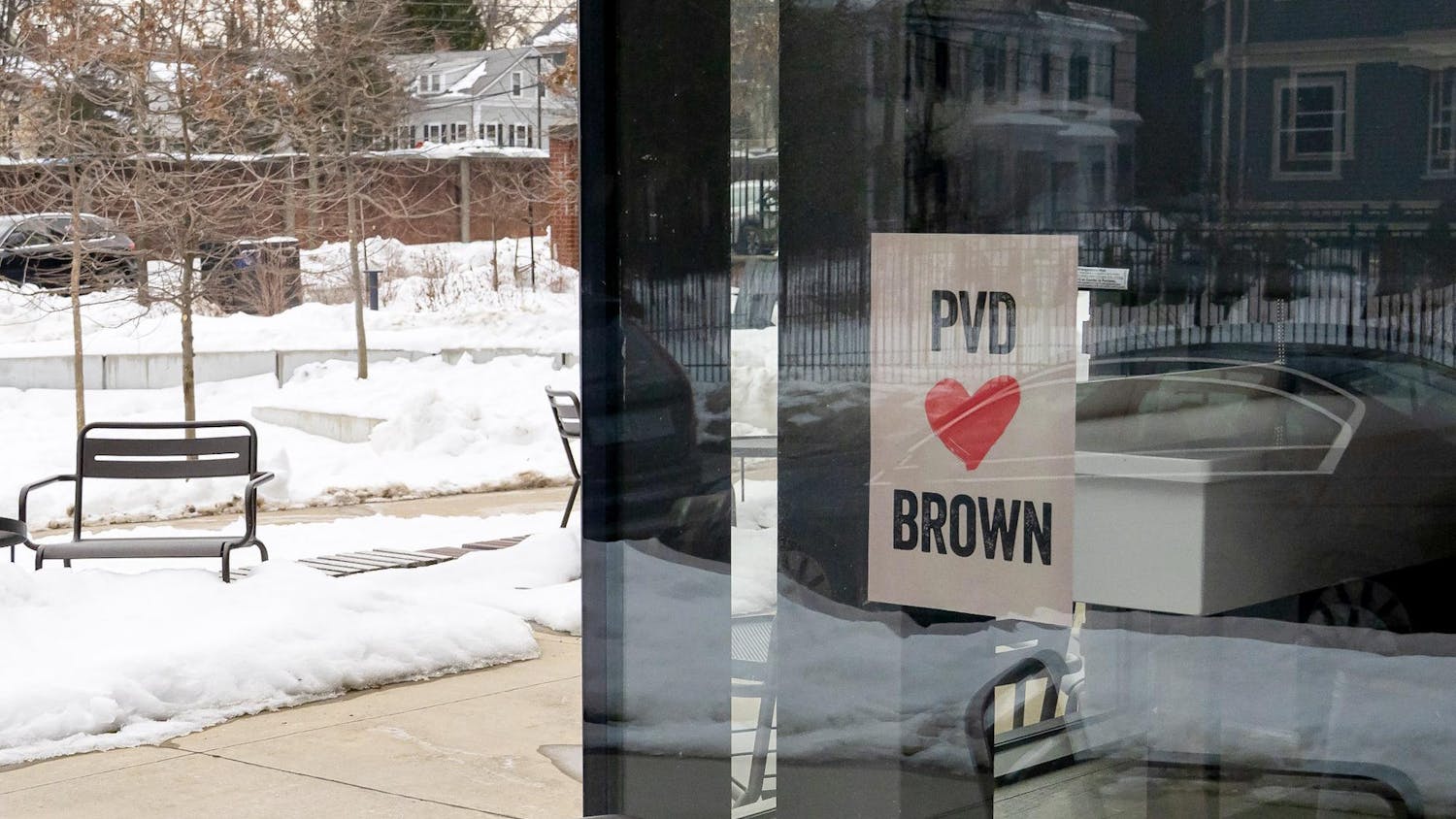University students hoping to live off campus can now look to Brunonians Living Off Campus, a three-part educational program created by the Office of Residential Life in partnership with the Undergraduate Council of Students that aims to help undergraduates navigate living outside of dorms.
According to UCS President Mina Sarmas ’24, the BLOC is designed to inform students about the types of support the University can provide, including matching students with potential roommates, demystifying city-wide ordinances, explaining the rent agreement process and connecting students with community associations.
The BLOC is part of the Division of Campus Life’s internal strategic roadmap, according to Brenda Ice, senior associate dean and senior director of residential life. In the summer of 2022, she and other members of Campus Life contacted campus partners and community leaders to better understand the relationship between students living off campus and their surrounding communities.
This spring, after hearing both positive and negative feedback from local residents, ResLife “created and recommended a ‘good neighbor program and initiative,’” said Mary Jordan, director of new student programs and community initiatives.
According to Ice, the “good neighbor initiative” evolved into the BLOC through conversations with UCS.
The program is divided into three phases, each designed to help students navigate a different aspect of off-campus life.
Launched on Nov. 1, the BLOC’s first phase, “Student,” provides resources and advice to students on topics ranging from lease agreements and negotiating expenses to evaluating health and safety requirements, Ice and Jordan wrote in an email to The Herald. Resources for the first phase, released on the BLOC’s website, include a budget tracker, roommate agreement and apartment checklist.
The second phase, “Community,” will help students engage with local neighborhood associations. In February 2024, leaders from neighborhood associations on College Hill, Fox Point and the Jewelry District, among others, will record welcome videos to introduce students to their communities, Ice and Jordan wrote. The BLOC’s website will be updated to feature links to neighborhood association websites and information about relevant local ordinances.
In April 2024, the third phase, “Neighbor,” will encourage students to engage with those living around them, offering workshops on interpersonal dialogue, according to Ice and Jordan.
“Too often our students meet with their neighbors in conflict,” Ice said, adding that building a rapport makes it “easier (for neighbors) to humanize the student living next door and have conversations” instead of reaching out to city authorities in the case of a conflict.
Sarmas, who lives in Fox Point, said that students are often not prepared for the level of responsibility that living off campus requires and don’t know how to reach out to the University for help. “People sometimes don't realize that you're still part of the Brown community, even if you're not physically on campus,” she said.
The BLOC’s upcoming events include a roommate mixer on Nov. 28 and a “virtual lunch and learn” session on Dec. 1, according to the program’s website. Plans for a “BLOC party” in fall 2024, where off-campus students can get to know their neighbors and celebrate “another year at Brown,” are also in the works, Ice and Jordan wrote.
The initiative’s future plans include expanding support to graduate students and continuing to incorporate feedback from the student community, Ice said.
“Ultimately, the program is designed for students, and the only way it will continue to thrive is through student input,” she said.
Jordan added that the BLOC’s initiatives also hope to prepare students for life after graduation.
“We want to educate students so they can be good neighbors and recognize their role as ambassadors of Brown in the community,” Jordan said. “But they can also take these skills with them through life.”

Anisha Kumar was the senior editor of community and standards of The Herald's 135th editorial board. She previously served as a section editor covering University Hall and international student life. She is a junior from Menlo Park, California concentrating in English and Political Science who loves speed-crosswording and rewatching sitcoms.





